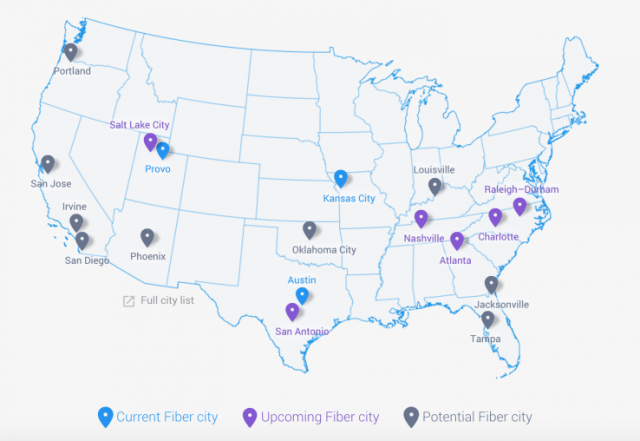 Two of Google Fiber’s newest fiber cities will only get the gigabit fiber-to-the-home service because someone else already laid the fiber.
Two of Google Fiber’s newest fiber cities will only get the gigabit fiber-to-the-home service because someone else already laid the fiber.
In the last week, residents of San Francisco and Huntsville, Ala. were told they were next in line for Google Fiber service. But instead of proposing to build a citywide fiber network for all residents, Google will rely almost entirely on pre-existing fiber networks they will use to reach customers.
In San Francisco, only an unspecified portion of the metro area will qualify for Google Fiber, namely certain apartments, condos, and subsidized housing units already served by a fiber optic connection. Single family homes and apartments not currently connected to fiber may never qualify for Google’s service.
A Google Fiber executive seemed to signal Google may be taking a harder look at the cost of building fiber service, and future expansion may rely on renting space on someone else’s cable.
“To date, we’ve focused mostly on building fiber-optic networks from scratch,” said Michael Slinger, Google Fiber’s business operations director. “Now, as Google Fiber grows, we’re looking for more ways to serve cities of different shapes and sizes.”
That suddenly makes existing municipal and private dark fiber networks very attractive and in demand. Many municipalities have underused institutional fiber networks that serve anchor institutions, public safety, and government offices. Public access is often limited to non-existent. The prospect of Google paying to use those networks to reach more customers may prove attractive to cash-strapped cities. Private fiber overbuilders and those with excess capacity may also find a new revenue stream renting space to the search engine giant. In Huntsville, Google will have non-exclusive access to the city’s publicly owned fiber network. Any competitor could technically offer their services over the same network.
Competitors and analysts seemed ready to dismiss Google’s latest expansion announcements. Diffusion Group analyst Joel Espelien told the San Jose Mercury News Google Fiber’s plans to wire affordable housing in San Francisco was nothing more than “pure PR.” He’s unimpressed with Google Fiber generally, dismissing it as “Costco Internet,” delivering bulk sized connections at prices most consumers are unaccustomed to paying for Internet access.
“It’s both cheap and it isn’t cheap,” Espelien said. “It kind of depends on your point of view.”
Google’s reasons to offer service to only a few locations in San Francisco are clearly pegged to the costs of wiring the entire city.
“We considered a number of factors, including the city’s rolling hills, miles of coastline, and historic neighborhoods,” Google said in a blog post. All of those features that tourists love to see are also expensive because of costly engineering efforts to hide the cables from view to stay within zoning regulations.
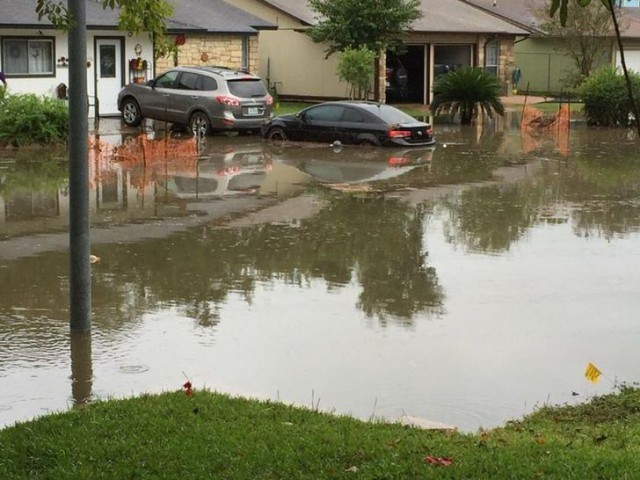


 Subscribe
Subscribe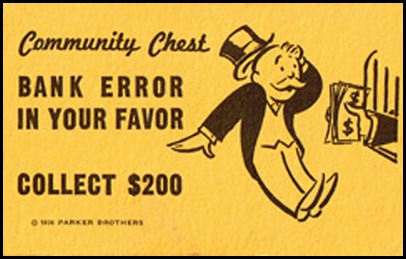 From the Department of Unintended Consequences,
From the Department of Unintended Consequences, 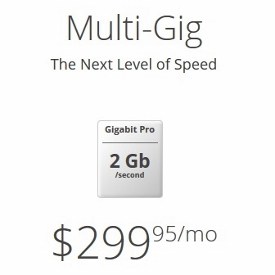 Oregon lawmakers wrote a law seeking to assure equal access by prohibiting companies from targeting only affluent neighborhoods for fiber upgrades, while forgetting to consider the cost of the service itself. Gigabit Pro will never feature prominently in Portland’s challenged neighborhoods at a cost of $4,600 for service during the first year.
Oregon lawmakers wrote a law seeking to assure equal access by prohibiting companies from targeting only affluent neighborhoods for fiber upgrades, while forgetting to consider the cost of the service itself. Gigabit Pro will never feature prominently in Portland’s challenged neighborhoods at a cost of $4,600 for service during the first year. Two of Google Fiber’s newest fiber cities will only get the gigabit fiber-to-the-home service because someone else already laid the fiber.
Two of Google Fiber’s newest fiber cities will only get the gigabit fiber-to-the-home service because someone else already laid the fiber.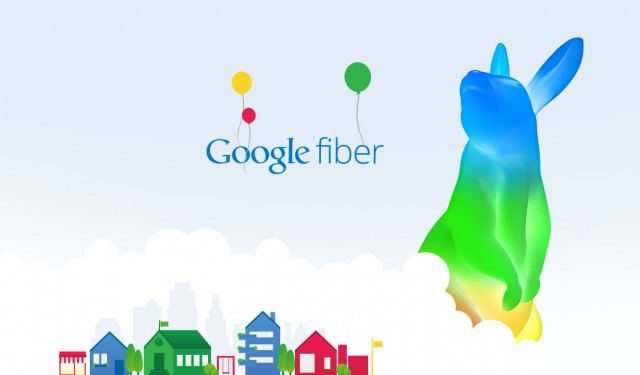 Despite predictions Google Fiber had no interest in offering customers landline telephone service, Google has quietly begun testing a new residential voice service called Google Fiber Phone that appeared to be powered by its Google Voice service.
Despite predictions Google Fiber had no interest in offering customers landline telephone service, Google has quietly begun testing a new residential voice service called Google Fiber Phone that appeared to be powered by its Google Voice service.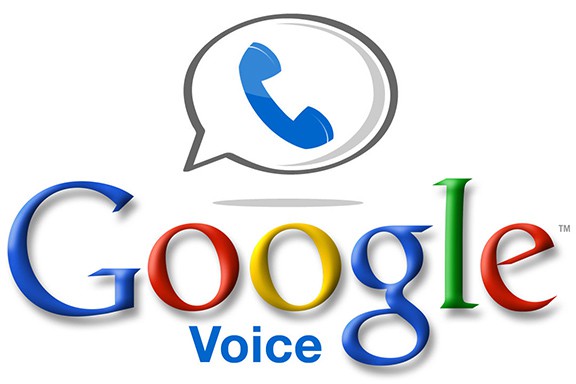 The feature set sounds almost identical to
The feature set sounds almost identical to 